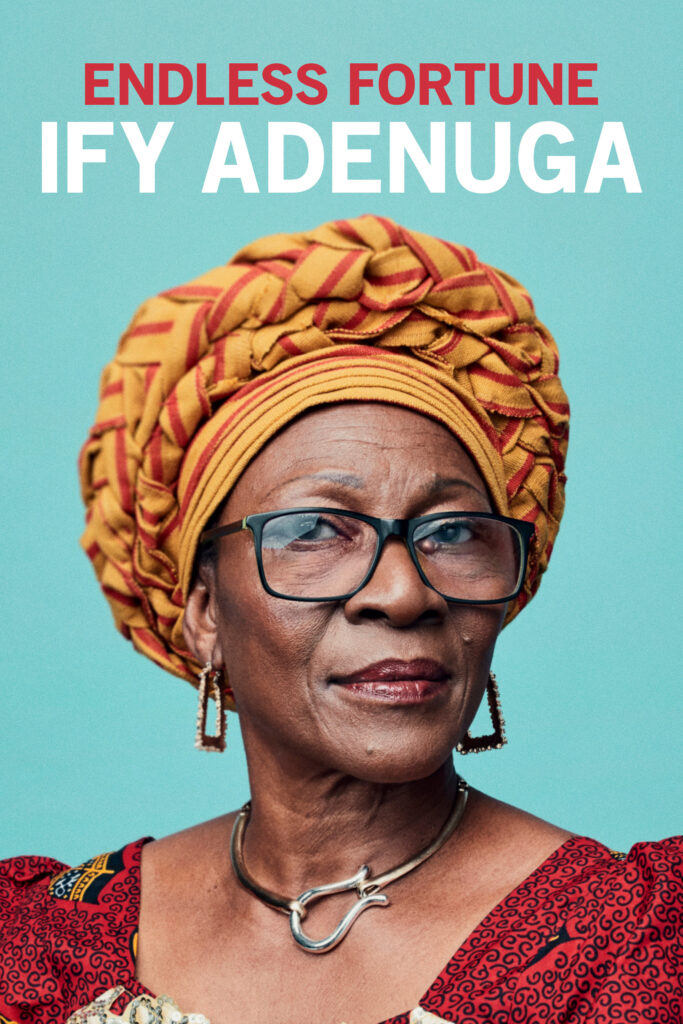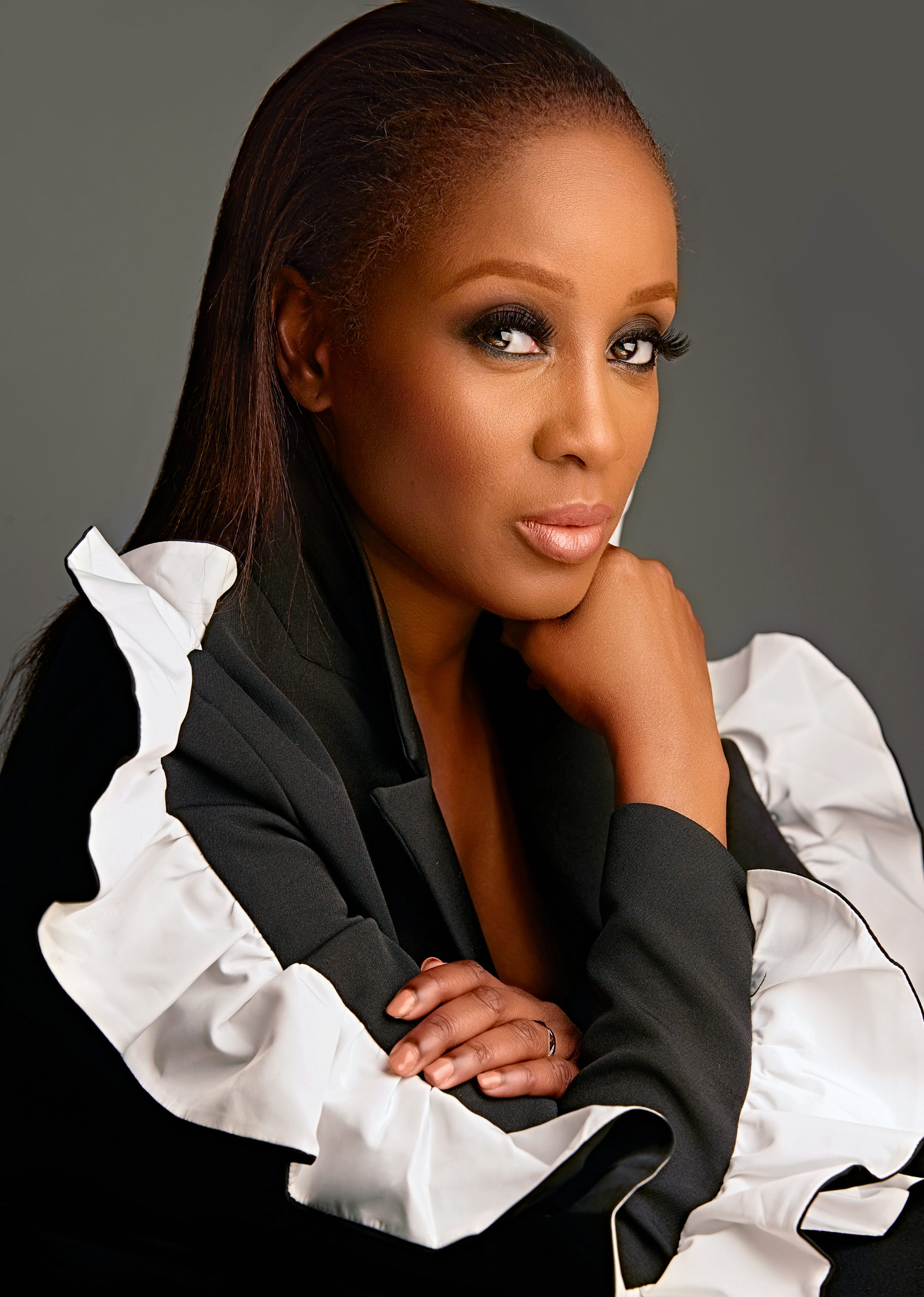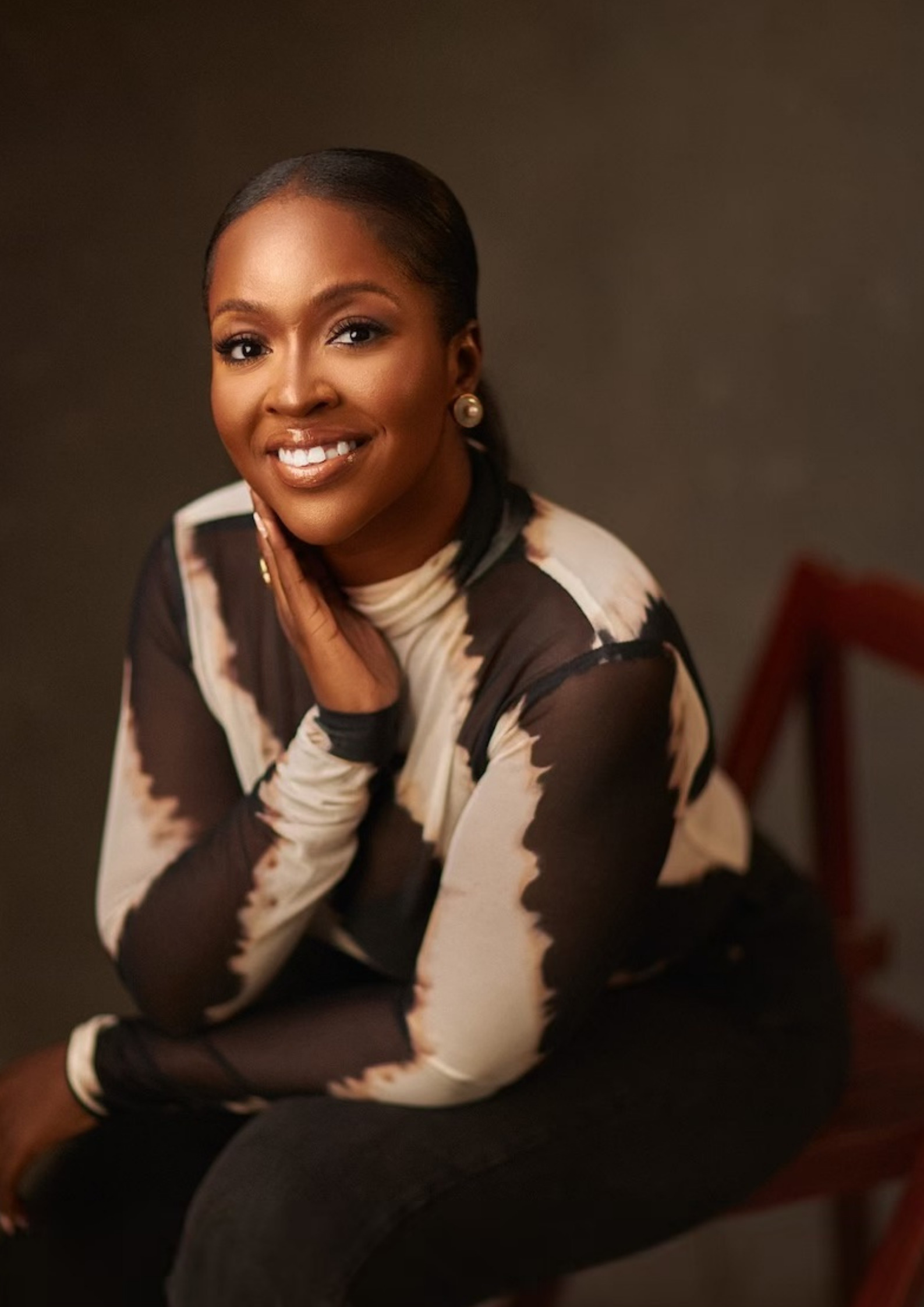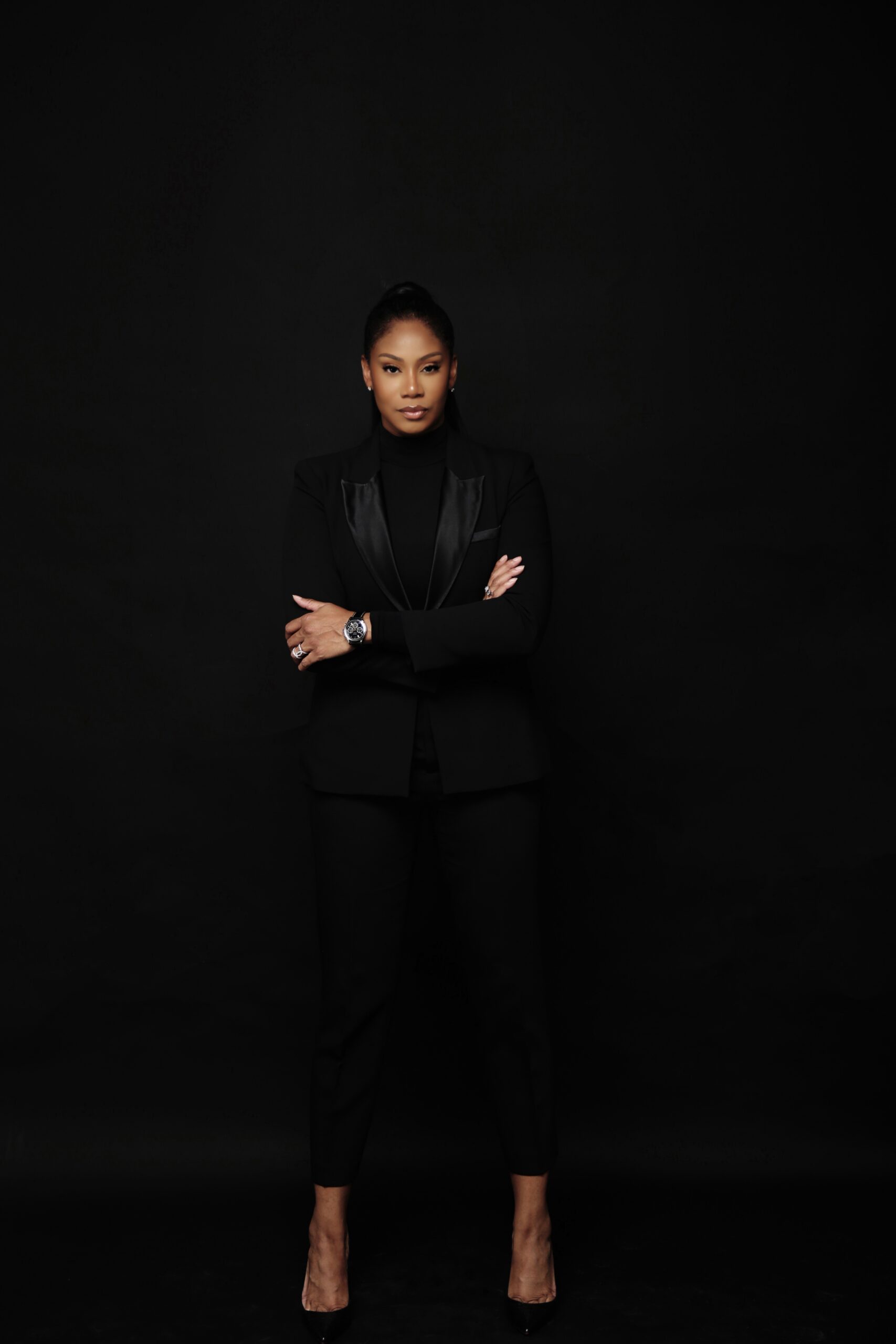How do you go from being a penniless student in a foreign country to becoming the mother of one of the most successful musicians in the UK today?
Part historical, part political but most of all hugely inspirational, Endless Fortune tells the life story of Ify Adenuga: a fighter, a thinker, a feminist and a parent. During the punishing civil war of the mid-60s, Ify’s family uprooted from Lagos, the country’s capital, to her parent’s original state in eastern Nigeria. In 1980, she exchanged the still recovering war-torn nation for the strange streets of London. There, Ify had to start a new life as a working-class immigrant and student in an environment far removed from her own in a city, with her four children, one of whom is British rapper, Skepta.
With Ify Adenuga at the very heart of the story, it explores the chasm between Lagos and London and how to not only survive but thrive in a new culture and country. Ify is an imaginative, captivating narrator who carries the reader through the highs and lows of the life of an immigrant, a parent and, ultimately, a survivor.

Can you describe the migration process when you left you Nigeria in the 80s?
It was good and the exchange rate was nearly one Naira to one Pound. Alhaji Shehu Shagari was the President and you received your visa at the point of entry. I don’t think you can compare then and now. Things have gotten more expensive and difficult to come by. The process of obtaining travel documents and acquiring the needed funds to sustain yourself for the duration of your stay is now more difficult.
Suffice to mention all the new inland immigration reforms, rules and other policies you have to abide by as a new arrival, while still trying to settle into your own place, find a job and/or enrol into school.
What was the most difficult part of raising a family in the UK for you?
Having to work a 9-5 job, manage 3 teenage children as well as a baby, as was in my case, while also catering for our folks back home and struggling to keep up appearance overseas. You needed to make enough money to meet your monthly budget or work less, so you could pay a little more attention to the children.
If you happened to live in one of the inner-city slums or close enough to it, you become vulnerable to constant stress and anxiety that any one of your family members could get into trouble, especially because of the steady rise in youth crime that is aired on the news daily. You are glued to the TV, watching the news every chance you get and praying that none of your children was where they weren’t supposed to be.
Knowing that a mother’s intuition is always right, did you know your children will end up on the paths they’re currently on? How does it feel to see all your children excelling in the creative space?
We didn’t know back then in the early 90s when we grappled with their education and recreational activities. However, I would say Joe’s love of computers and everything electronics played a huge part in shaping and sustaining their interests both in music and IT. There were always so many computer games, CDs, cassette machines and tapes for them to play with around the house.
And like many Nigerian parents, Joe and I had similar desires to raise mainstream professionals like lawyers, teachers, scientists, doctors and accountants, but had to quickly re-adjust as we had to face our reality. For a start, our first child, Junior, was not interested in higher education. Joe and I tried to place this young six-foot tall man in any trade through government programs. He started off with gas engineering but we later concluded that it wasn’t such a great idea for the sake of his health condition and accepted that it was either music or nothing.
His brother Jamie perhaps sensed our pain and went to University. He ended up establishing a radio station at the campus with some of his mates. Julie dropped out of University after a year to work a 9-5 job, while Jason went off to the University. Resigned to our fate, Joe and I decided to support their various interests in the creative industry and realised that they not only liked what they were doing but enjoyed it enough to make careers of it.
Also, I believe that my husband’s work environment, his commitment and ability to fix anything at home provided my children with everything they needed to develop their interest in the creative industry. And now, to see them in a space that has long been considered a non-mainstream professional pathway, we are at rest watching them making a living from the things they enjoy doing. I couldn’t ask for more.
I’m just like everyone else trying to figure it all out. So, if you could identify with my life story or elements of this book, then I can say the reason for writing the book has been accomplished
Returning to education after the birth of your children takes a lot of courage. What were the motivating thoughts behind this decision?
It was tough but we got through it in the end. I recognised the opportunity when the government rolled out a “back to work” programme to address the high unemployment in the country. I seized the opportunity of the state-funded program to better myself, so I could return to the labour market post my redundancy.
The dream, at that time, was to go back to school to increase my employment chances for when I would give birth, and as fascinating as the offer was, the only obstacle in the way of this dream was that I was pregnant with my last baby. It was tough but I had Joe who was there to support me.
There are places and people in Nigeria who are still not in support of inter-tribal marriages. Before meeting Joseph Adenuga (Snr), what was your opinion of it? Also, how did your family back home take the news that their first daughter wanted to marry a Yoruba man?
In all honesty, I wasn’t a subscriber to inter-tribal marriage and I did not personally know anyone in such a union. I was not particularly warned against non-Igbo dates but as an Igbo girl, it just was not feasible. It was that type of relationship you couldn’t explain to your parents. However, I think my fluency in the Yoruba language played a huge role in paving the way for our union.
My parents had lived much of their adult working life in Lagos, where they had and raised us before the civil war and both spoke Yoruba very well. Eventually, my parents authorised my uncle to represent them at my marriage, after confirming my bridal process had been completed by my mother-in-law. “If that’s who she’s chosen to marry, it remains who she will marry”, Papa wrote to my uncle, who didn’t hesitate to walk me down the aisle to marry my Yoruba boyfriend.
There’s no doubt that my parents must have faced some resentments in the village but they never told me and I never asked.
Were there any unpleasant experiences you endured as an African foreigner that has stuck with you till date?
None that I can remember, other than the tough experiences faced as a migrant to find work, housing and the rest of it.
While writing this book, what was the most important element for it to have?
Honestly and relatability, good or bad. I would like to believe I’m just like everyone else trying to figure it all out. So, if you could relate or identify with my life story or elements of it when reading the book, then I can say the reason for writing the book has been accomplished.








No Comments